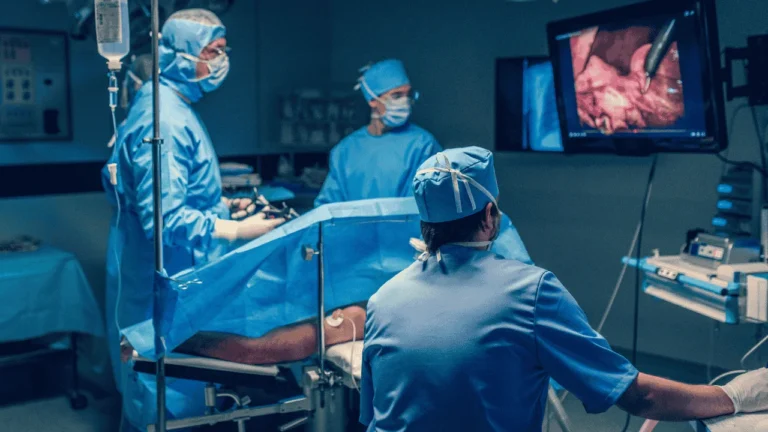Constipation is a common digestive disorder that affects millions of people around the world. It is characterized by difficulty in passing stools, infrequent bowel movements, and hard or lumpy stools.
One of the complications of chronic constipation is anal fissures, which are small tears or cuts in the lining of the anus. In this blog post, we will explore the link between constipation and anal fissures, their causes, symptoms, and treatments.
The Link Between Constipation and Anal Fissures
Anal fissures are a common complication of chronic constipation. The reason for this is that constipation can cause hard or lumpy stools, which are difficult to pass through the anus.
As a result, the anal sphincter muscles have to work harder to push the stools out, which can lead to tears or cuts in the delicate lining of the anus. This can cause pain, bleeding, and discomfort, and may require medical intervention if left untreated.
Causes of Constipation
Constipation can be caused by a variety of factors, including:
- Lack of fiber in the diet
- Dehydration
- Sedentary lifestyle
- Medications,
- Hormonal imbalances, and certain medical conditions.
Also, when the stool is not soft enough, it can cause constipation. The more it is delayed, the harder it becomes. This can make it difficult for the body to pass stools, which can lead to straining during bowel movements. Straining increases the pressure on the anus, which can cause anal fissures.
Symptoms of Anal Fissures
The most common symptom of anal fissures is pain during and after bowel movements. The pain is usually sharp and burning and may last for several hours. Patients may also experience bleeding from the anus, which can be bright red or maroon in color. In some cases, the pain may be so severe that it can lead to muscle spasms in the anus, making it difficult for the patient to pass stools. If left untreated, anal fissures can become chronic and may require surgery to repair.
Treatments for Constipation and Anal Fissures
The treatment for constipation and anal fissures depends on the severity of the condition. In most cases, the first line of treatment is to increase fiber intake in the diet and drink plenty of fluids. This can help soften the stool and make it easier to pass through the anus. It is also important to avoid straining during bowel movements, as this can worsen the anal fissures.
Over-the-counter laxatives can also be used to relieve constipation. These can be in the form of fiber supplements, stool softeners, or osmotic laxatives. If these measures do not work, prescription medications such as lubiprostone or linaclotide can be used to increase bowel motility and soften the stool.
For patients with severe anal fissures, surgery may be necessary to repair the tears or cuts. This can involve a procedure known as a lateral internal sphincterotomy, which involves cutting the muscles of the anal sphincter to relieve pressure and reduce pain.
Prevention of Constipation and Anal Fissures
The best way to prevent constipation and anal fissures is to maintain a healthy lifestyle. This includes eating a balanced diet rich in fiber, drinking plenty of fluids, and engaging in regular physical activity. It is also important to avoid straining during bowel movements and to seek medical attention if you experience symptoms of constipation or anal fissures.
However, if you are still suffering from Constipation and Anal Fissures, consulting the experts is the necessary step to avoid further complications.
Why Gut Care?
At Gut care Clinic, we offer a comprehensive treatment plan for patients suffering from constipation and anal fissures. Our team of experienced gastroenterologists and healthcare professionals work together to provide personalized care and support to each patient.
Throughout the treatment process, our team provides ongoing support and guidance to ensure that patients receive the best possible care. We also offer education and resources to help patients manage their symptoms and prevent future episodes of constipation and anal fissures.
Our goal is to provide compassionate, comprehensive care to patients suffering from digestive disorders. Contact us today to schedule a consultation and learn more about our treatment options for constipation and anal fissures.




